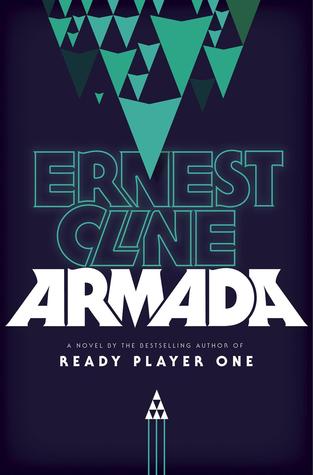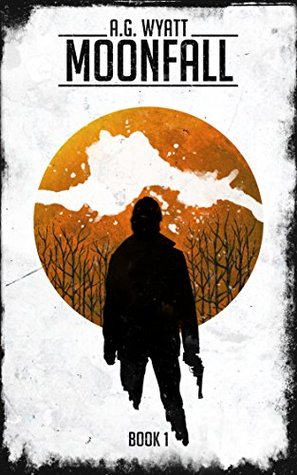Armada gave me an epiphany and that's not always a good thing apparently.
Up to the moment I read this book, I'd started to convince myself that really the main thing that mattered to me in a book was readability. How much was a both looking forward to reading a book and how fast were the pages turning for me? Those are two things I thought a great deal of in terms of esteem (and star rating points).
Armada had all that. I did look forward to reading it and I thought the pages turned rather quickly all in all.
But I started to realize that even though I was enjoying myself, I didn't really think all that much of this story. It's rather bland for the most part and so chalk full of 80's nerdery it's almost as if no other nerdery is allowed or considered worthy.
Now, this 80's geekiness works really well in Cline's debut, Ready Player One (How do I love thee? Let me count the ways...), because it's essential to the story. Maybe we should add, because it was new, but I don't know if you can go that far. When the premise revolves around the 80s it just works.
Here, Armada's 80's affiliation has more to do with a kid's dead father's obsession and begins to grate in all the wrong ways. It's as if this geeky kid never realized there were other nerdy things to do ... even though he's obsessed with a very hyper-futuristic video game that all kids his age are obsessed with. It'd've been fine with additional, modern references - 80's references are fine - it's just that it begins to sound like that's the only worthy decade when that's far from the truth and arguably only the beginning of a very many great decades for geekery that only got better.
It's reinforced by the fact that only those other characters who also know 80's lore are considered with it, cool, on fleek (that's what the kids are saying these days right? *cough* *cough*).
To reiterate it's like the emphasis makes it seem like you're only cool (geeky) if you're up on your 80's geekery. If not, you're not actually a geek.
Now, I don't want to act like I didn't like Armada. I enjoyed it quite a bit and I admit that my expectations were nigh-on insurmountable after how much I fell for Ready Player One. I still enjoyed Armada, I just won't be fondly remembering my time with the book like I still do with RPO. It's a fun romp and I've forgone mention of the inconsistencies I saw (I think I gave it a hard enough time as is).
I'll still be scooping up Cline's next book, but probably not with as much fervor. Expectations have been tempered.
3 out of 5 Stars (recommended with reservations)
Film Microreview: Anaconda (2025)
22 hours ago



